Varicose Veins During Pregnancy
What are varicose veins?
Varicose veins are a common, usually harmless part of pregnancy for some women. Many women first develop varicose veins or find that they get worse during pregnancy. They happen when the uterus applies pressure to the large vein (the inferior vena cava) that carries blood back to the heart from your feet and legs. You may have inherited varicose veins and could also get them during pregnancy.
Varicose veins are the large, swollen blood vessels found predominantly in the legs, but that can show up almost anywhere in the lower half of your body and even your rectum or vulva. Varicose veins are unusually swollen veins that may bulge near the surface of the skin. These blue, red, or purple veins sometimes look squiggly or ropelike and are most likely to show up on your legs, though in pregnancy it’s possible to get them on your lower pelvic area, buttocks, or elsewhere. (Hemorrhoids are just varicose veins in the rectal area.) When they swell above the surface of the skin, they create those distinctive purplish lumps that look alarming but are quite harmless and fairly common, affecting up to 40% of pregnant women, according to some research.
Pregnancy causes many changes in your body and some of these changes can cause varicose veins.
Changed in body during pregnancy:
- Progesterone – This hormone is increased during pregnancy. It is essential for a healthy pregnancy, but it also causes the veins to relax. Blood does not move as easily through these relaxed veins. As blood builds up, the pressure within the vein increases, and the vein enlarges.
- Increased blood – The volume of blood in a pregnant woman’s body increases during pregnancy. More blood overall means there is more blood within the veins, and this increases the strain on the vein valves and walls.
- Pressure from the uterus – The growing fetus within the uterus pushes against the organs and blood vessels in the abdomen. Blood moves from the leg veins to veins in the pelvis, or lower abdomen, before moving back to the heart. The pressure placed on these pelvic veins by the uterus prevents blood from flowing out of the legs.
Tips On How To Prevent Varicose Veins Naturally During Pregnancy
While varicose veins can be hereditary, and you can’t prevent the circulatory changes that occur during pregnancy, there are some ways you can prevent or minimize varicose veins.
- Avoid sitting or standing in the same position for long periods of time. Make sure to take breaks to change your position.
- Get regular exercise. Talk with your doctor to confirm if it is safe for you to exercise during pregnancy.
- Wearing maternity support hosiery or thigh-high compression stockings work by applying pressure to the outside of your legs. This helps counteract the pressure within the veins and prevents swelling and bulging.
- Avoid crossing your legs while sitting; it prevents blood from moving out of the veins, which increases the pressure within them.
- Elevate your legs periodically to improve circulation.
- Sleep on your left side. This will help relieve pressure on the inferior vena cava.
- Reduce sodium intake to minimize swelling of the veins.
- Drink plenty of water and eat enough fiber to prevent constipation.
- Avoid High Heels; it prevents the leg muscles from working, and this keeps the blood in the veins.
- Sleep on your Left Side; can relieve the pressure on the veins in your abdomen and help your leg veins drain while you’re sleeping.
- Exercise daily. Even just a brisk walk around the block can improve your circulation.
Are varicose veins in pregnancy ever serious?
During pregnancy varicose veins are relatively common and usually painless and harmless. The good news for some women is that varicose veins may improve or disappear after you give birth, especially if you didn’t have any before you got pregnant. If your varicose veins persist and become too uncomfortable to live with, or even if you’re just unhappy with how they look, ask your provider to refer you to a specialist to find out about other treatment options.
Varicose vein surgery is not recommended during pregnancy as varicose veins generally improve after giving birth. . If your varicose veins persist and become too uncomfortable to live with, or even if you’re just unhappy with how they look, ask your provider to refer you to a specialist to find out about
Disclaimer
The information, including but not limited to, text, graphics, images and other material contained on this website are for informational purposes only. The purpose of this website is to promote broad consumer understanding and knowledge of various health topics. It is not intended to be a substitute for professional medical advice, diagnosis, or treatment. Always seek the advice of your physician or another qualified healthcare provider with any questions you may have regarding a medical condition or treatment before undertaking a new health care regimen, and never disregard professional medical advice or delay in seeking it because of something you have read on this website.
References:
https://www.babycenter.com/pregnancy/your-body/varicose-veins-during-pregnancy_271
https://kidshealth.org/en/parents/veins.html
https://www.whattoexpect.com/pregnancy/symptoms-and-solutions/varicose-veins.aspx

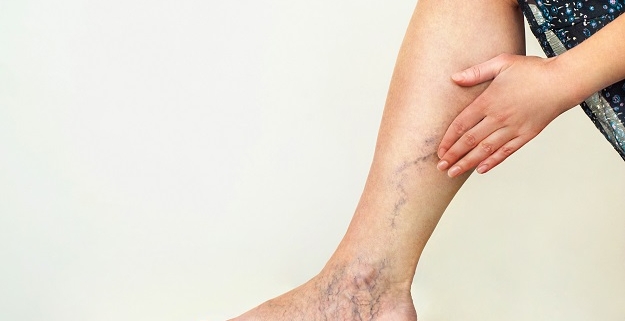

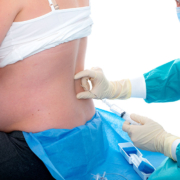
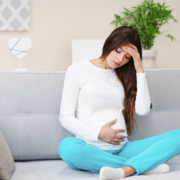
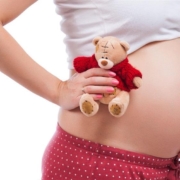
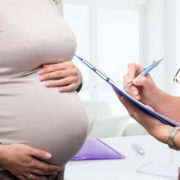 ToronTek
ToronTek 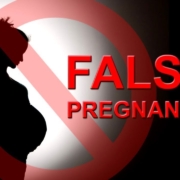
 ToronTek
ToronTek 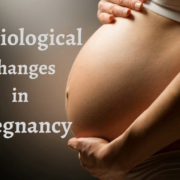


Leave a Reply
Want to join the discussion?Feel free to contribute!